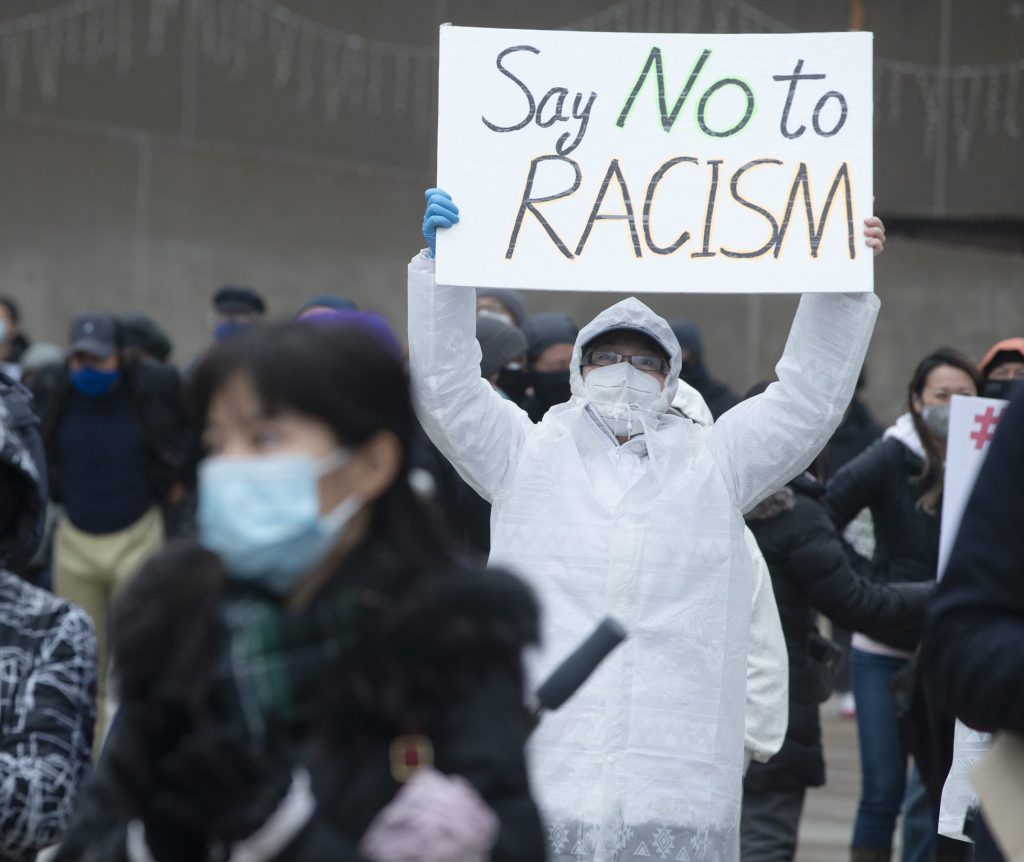In the wake of MP Han Dong’s resignation from the Liberal caucus and the federal government setting up a registry for foreign agents, there are widespread concerns about a rise in anti-Asian racism.
Amy Go, president of the Chinese-Canadian National Council for Social Justice, voiced concerns that the series of events could unfairly target Canadians of Chinese origin and even prove racist.
In response to Senator Yuen Pau Woo’s comments and the backlash he received for suggesting that a foreign agent registry could be twisted to become a modern Chinese Exclusion Act, Go said the Chinese Exclusion Act and the current measure of establishing a foreign agent registry are vastly different.
“The foreign agent registry serves a different purpose,” Go told OMNI News.
“It applies not only to China. It applies to all countries, including, I hope us, and everybody, everywhere else. It’s not a targeted measure against one country,”
The registry should be used to lobby, advocate, or connect on behalf of any foreign country, including China and others. Comparing the two may raise fear and anxiety among Chinese Canadians. The federal government should distinguish between the two and avoid targeting any specific country or community in Canada, she said.
“Everything we do needs to work from the lens of anti-oppression and racism, making sure that our rights are not compromised, ensuring that the equity lens applies to national security and everything,” Go said.
She said it’s important to consider the Canadian context when discussing anti-Asian racism, including its history and systemic issues. Community groups and advocates are drawing attention to systemic racism in Canada because they believe in human rights and uphold the Charter of Rights and Freedoms.
“We subscribe to the Charter of Rights and Freedoms,” Go said.
“We subscribe to the human rights regime in Canada, and we subscribe to the belief that Canada does believe in democracy, values and rights of all citizens, regardless of our race, gender identity and ethnicity,”
From this perspective, Go believes that national security measures should also align with these values and principles. Any argument against these measures would not be in line with combatting anti-Asian racism, as it’s crucial to ensure that institutions are not threatened by values that conflict with them.
Politicians using anti-Asian racism as an excuse to pursue measures that counter Canadian democratic values are not upholding the commitment to combatting racism, she said.
Furthermore, Go added that people’s beliefs are not necessarily tied to their place of origin, and don’t imply that they support a specific foreign country or government.
“Canada should combat anti-Asian racism is to call out and to highlight to the diaspora, the diversity of the communities that we are not the same. The 1.7 million people who identify Chinese as their ethnic origin doesn’t mean that they have any connection to China as a state, culturally or linguistically,” Go said.
She stated that it is crucial to consistently emphasize that it is inaccurate to generalize and stereotype the entire diaspora community as we combat anti-Asian racism. There is a need to recognize the diversity within Asian communities in Canada.
Go advocates for equitable treatment and respect for all Canadians, regardless of race or ethnicity, as well as awareness of the diversity within these communities.
“I think it is important to not use anti-Asian racism to stop us from pursuing democracy, to uphold democracy, and more importantly, to uphold our values, to ensure that the Canadian values of diversity, inclusion, equity, those to me are values that we should treasure,” she said.





















